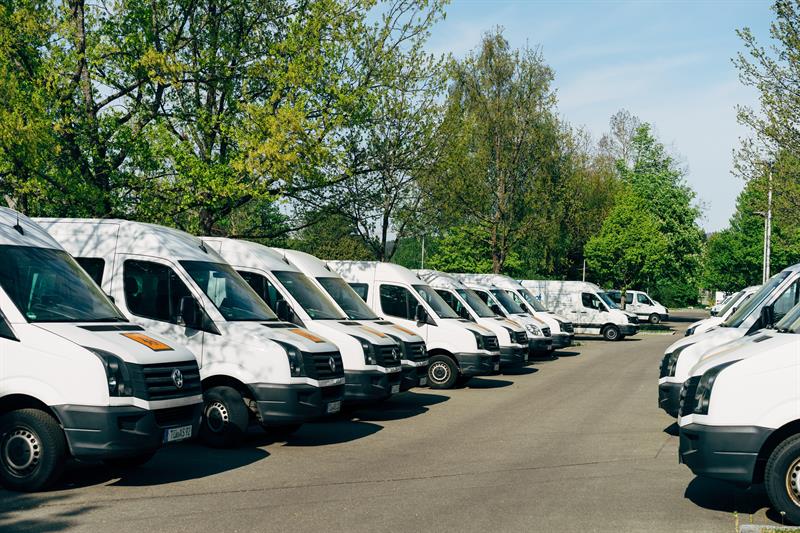
With the UK in lockdown it’s a curious time for motor trade. Statistics from Automotive Management magazine show that the second-hand commercial vehicle market has increased by 7.6% in Q1 of 2020. This surge in sales can be partly attributed to the Coronavirus with people choosing to shopping online and social distance wherever possible, increasing the demand for commercial vehicles.
If you’re thinking of starting a new business venture, money can often be tight. So, choosing a second-hand vehicle can be a wise choice to keep costs down. Here’s our quick guide at what you need to look for when buying second hand to make sure you get a great deal.
Choose the van to suit your business
It might sound obvious but before you part with any cash on a used vehicle, the first thing to do is as much research as possible. Take your time and shop around, especially online, to find out what type of van your business will need and tailor it accordingly. Compare brands, dimensions, engine size and the capacity that you need in your next vehicle. Not only will the engine size and capacity affect the price, it will increase your costs on your commercial vehicle or motor trade insurance and road tax.
You could also consider joining owners’ forums and online groups as a source of information and discussion about van performance of those for sale. There is a wealth of information out there with real people only too willing to offer advice and guidance from the sharp end of business.
Once you’ve narrowed your search, take into account the condition of each vehicle, this will help establish the average market value. Compare this to prospective vehicles to safeguard against overpaying.
Conversely, if a van is being sold below the market price, you need to be cautious about its condition and its history especially MOT, mileage and servicing. Ask as many questions as you can before organising a test drive to highlight any defects or problems. Try to determine what it was used for and the journeys it has undertaken.
Before the test drive, look closely scrutinise the van’s documentation including the logbook, (known as the V5), the MOT certificate, and its full-service history. The V5 is essential as it shows the van’s history, previous owners and gives proof that the seller has the legal rights to sell you the van.
Look before you leap
Take time to have a have a good look for any signs of an accident or any damage and repairs undertaken. Check hard to see areas such as wheel arches and door frames for signs of rust and make sure that the tyres are of legal tread (min depth of 1.6mm). A slight press down on the van will also show if the shock absorbers are in a good condition.
Inside check to see that all the seat belts work properly, the windscreen wipers move smoothly and all the electronics work including the central locking system, heater and air conditioning.
Take a Test drive
Before making any firm offer to the seller, test driving the van allows you to get an overview of the engine performance, the brakes, the gears and the lights. Start up the van and look out for oily or blue smoke pouring out of the exhaust, as well as any warning lights on the dash. Listen out for any squeaks, knocks or grinding – especially when braking – and feel for the smoothness of the steering.
Remember also when taking a test drive, you need to make sure you’re properly insured. You should check with your insurance company to see how much short-term insurance costs if it isn’t covered by the owner’s policy.
It's a deal
So, you’re happy with the van. What’s next? Well, you could start at a low bid and don’t be afraid to walk away from the deal if it doesn’t suit your budget. Once the price is agreed, sort out a time for collection. Don’t forget to fill the V5 document to change the registration details and arrange tax and that all-important van insurance before you drive it home.